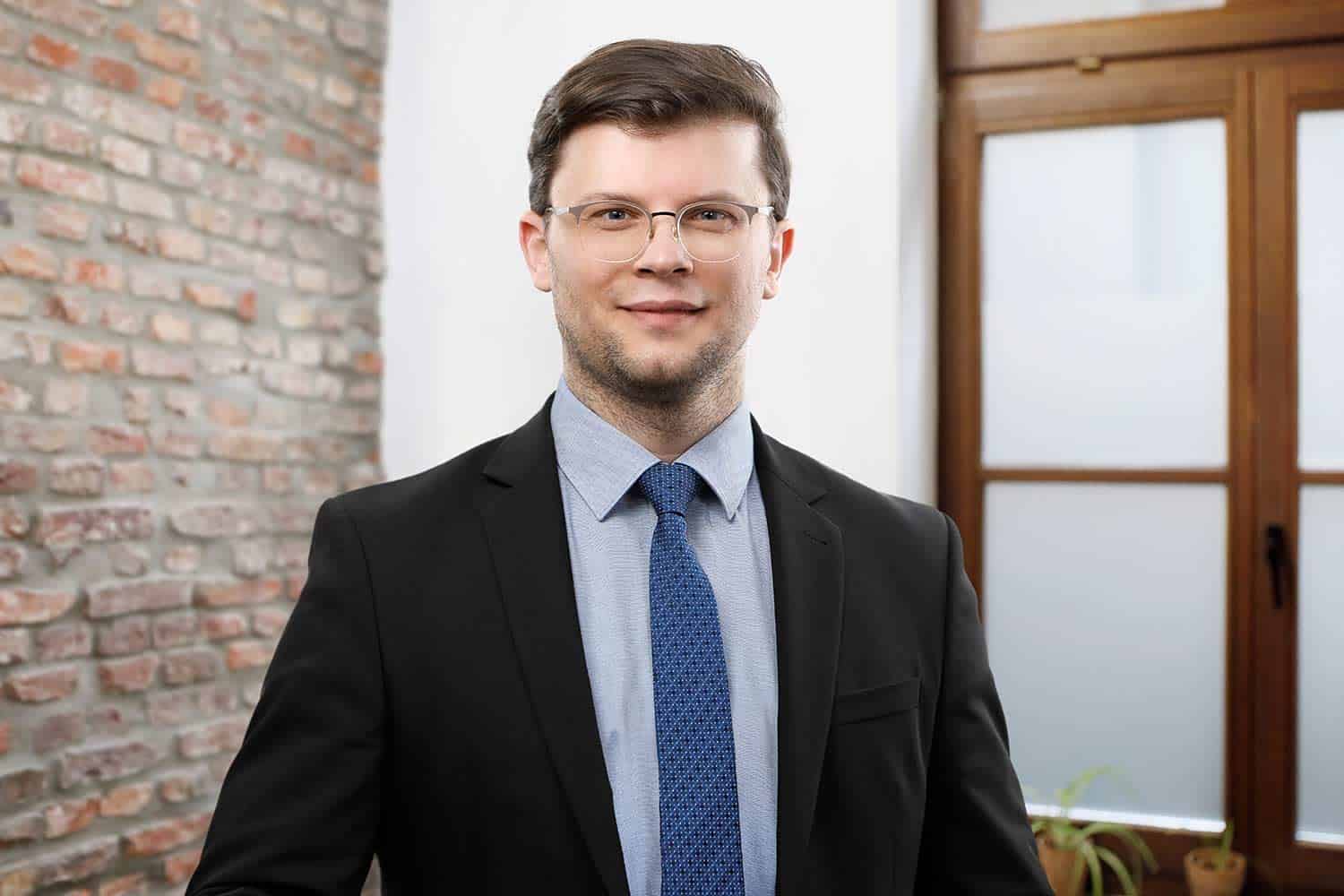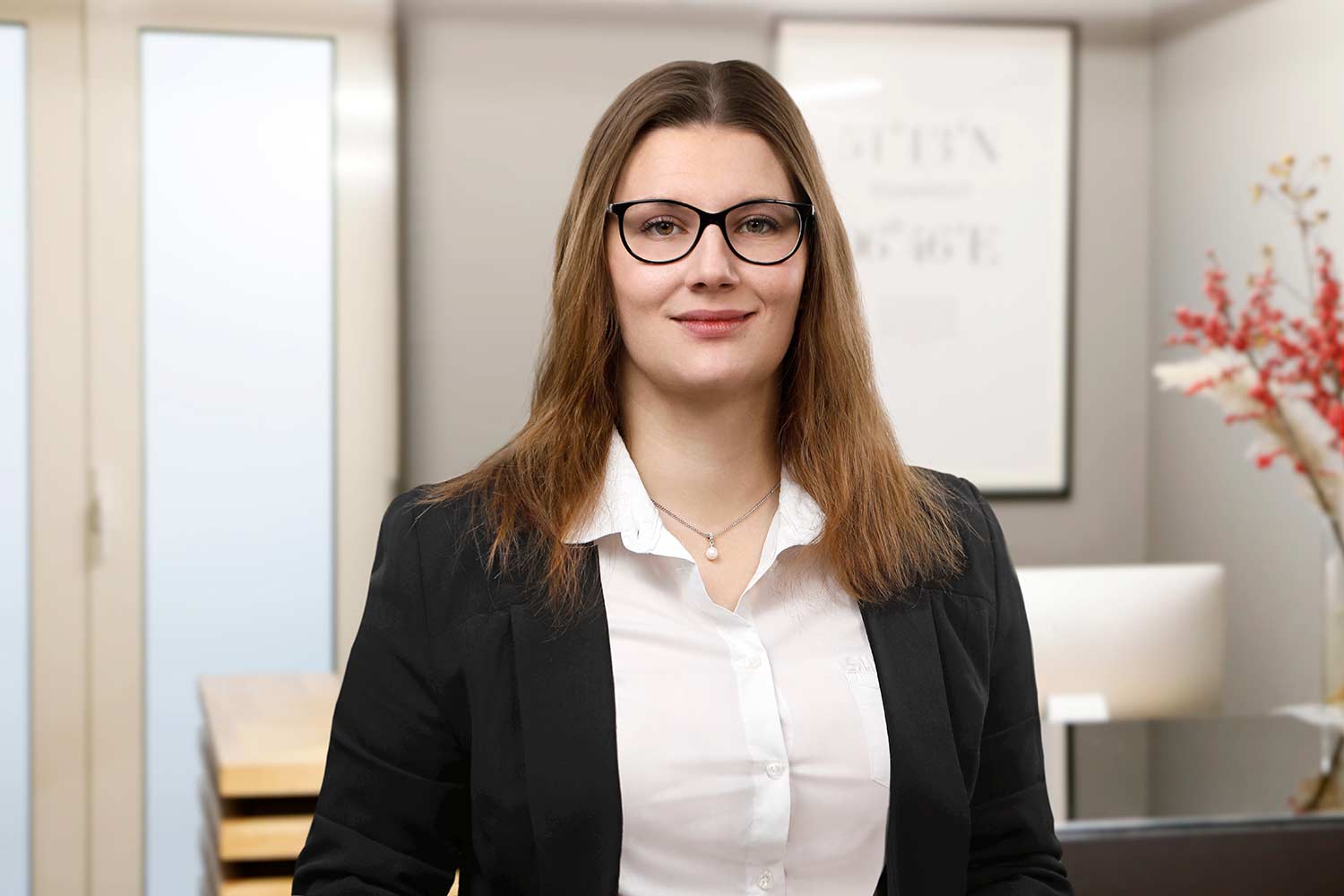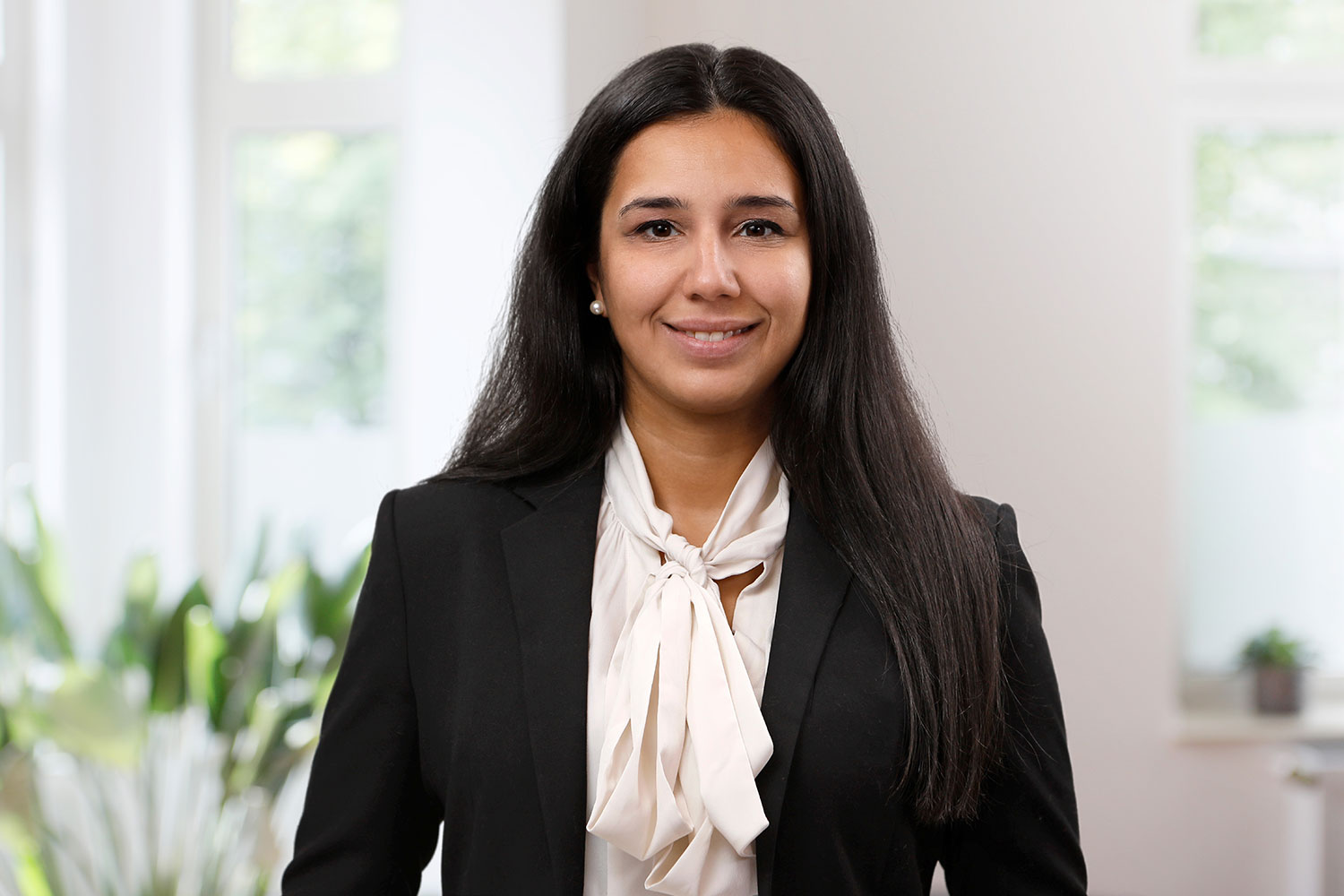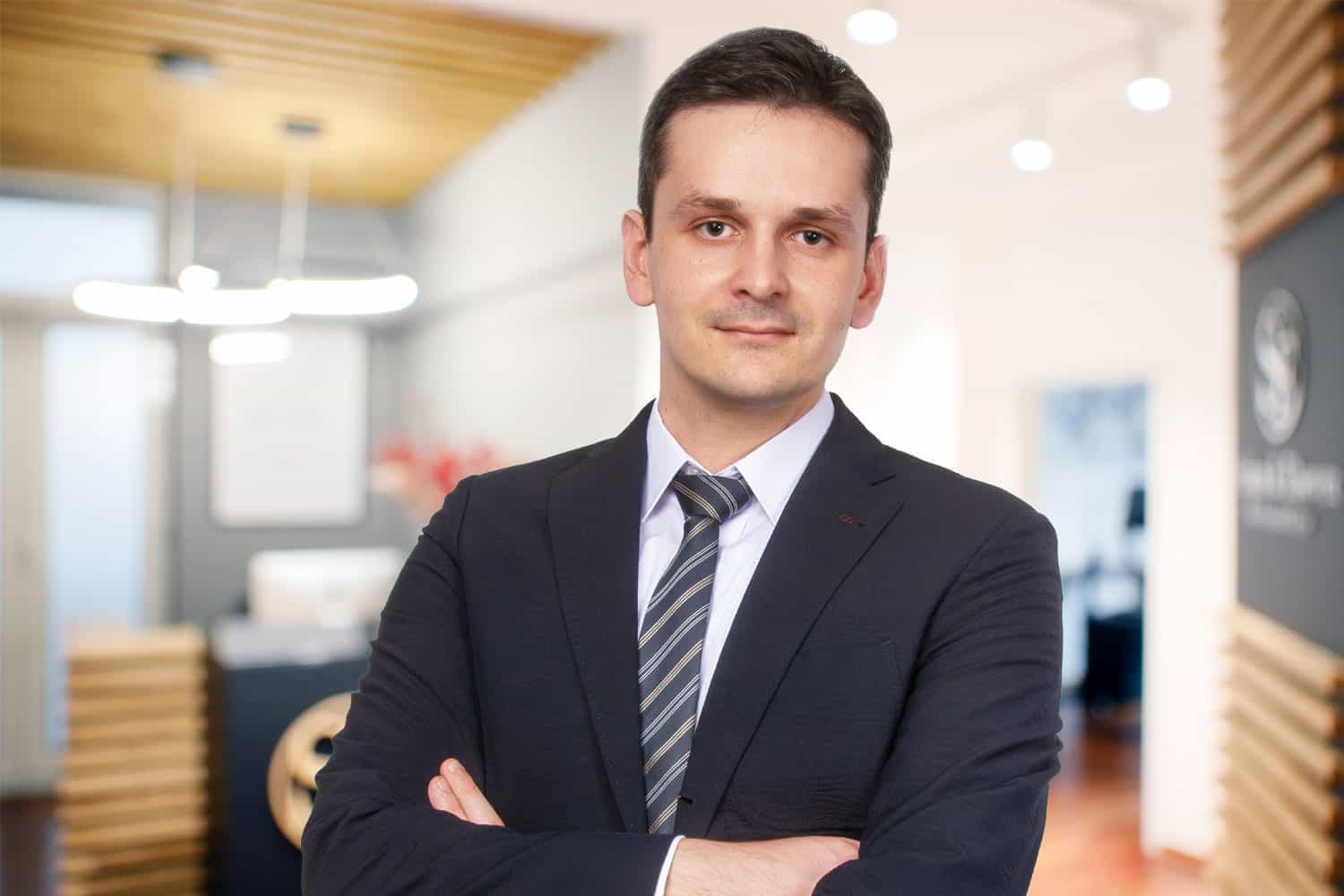Are you a student living in Germany and would like to be reunited with your family living abroad? The German constitution protects the special status of marriage and family in German society. International students also enjoy this protection. However, several conditions are attached to family reunification in such a case.
To make family reunification possible for our clients, the German law firm Schlun & Elseven offers competent and committed legal assistance. Our immigration lawyers clarify all open questions with the competent authorities and apply for the necessary residence permit for your family members so that your family will soon be united and you can fully concentrate on your studies.
Applying for a Visa for Entry to Germany
Family members often first need a valid visa to enter Germany. This is the case, for example, when applying for a long-term residence permit per § 5 (2) No. 1 German Residence Act. This must be a visa for the specific purpose of the stay, i.e. for a family reunion. A national visa is required for long-term stays exceeding 90 days.
In exceptional cases, e.g. if the requirements for a right to be granted a residence permit are met or if it is not reasonable to repeat the visa procedure due to special circumstances in the individual case, the entry with a visa may be waived. Besides, a visa may be waived if the family members are nationals of a state listed in Annex II of the EU Visa Regulation (1806/2018) (§ 39 S. 1 No. 3 AufenthV). These include Andorra, Australia, Israel, Japan, Canada, the Republic of Korea, Monaco, New Zealand, San Marino and the United States of America. In this case, the entitlement requirements to the granting of a residence permit must have arisen after entry.
The visa must be applied for at the German mission abroad in the home country or in the country where the person joining the country has his or her habitual residence.
Requirements for a Residence Permit for Family Reunion
The conditions that must be met for family reunification depend on whether the family reunification is to occur with a German citizen, an EU citizen or a third-country national. Spouses, registered civil partners, unmarried minor children of the person already in Germany, and other family members may follow in special cases.
In particular, a residence permit is considered for family reunification with Germans and third-country nationals; the Act governs the conditions for granting this permit on the Residence, Gainful Employment and Integration of Foreigners in Germany (Residence Act). The residence permit is a temporary residence title which is granted for a specific purpose. The residence permit to establish and maintain family cohabitation for foreign family members protects marriage and family per § 6 of the German Constitution (§ 27 (1) of the Residence Act) and is therefore of great importance.
In general, a family cohabitation’s joint management must be aimed for (§ 27 (1) AufenthG). Besides, family reunification is not permitted if the marriage or family relationship was entered into or established solely to enable the person joining the family to enter and reside in Germany.
Family Reunification with Third-Country Nationals
In the case of family reunification with a third-country national, they must be entitled to stay in Germany. For this purpose, they must have a residence permit. For example, students may be eligible for a residence permit for study purposes per § 16b AufenthG.
Besides, sufficient living space must be available for the family. It is still generally assumed that the family member’s livelihood is secure. This is the case if the living expenses, including sufficient health insurance cover, can be covered without drawing on public funds (§ 2 (3) (AufenthG). In this connection, it should be noted that the receipt of child benefit or training assistance benefits under the Third Book of the Social Code or the Federal Education Assistance Act (BAföG) does not constitute recourse to public funds. The entire family income situation is taken into account to prove that a person’s livelihood is secure (Bender/Welge/Keßler, Hofmann, Ausländerrecht, 2nd edition 2016, § 2 AufenthG, marginal no. 17).
Proof of securing livelihood can be provided by a valid employment contract or a tax assessment notice. If, as a student, you do not have sufficient funds to secure your livelihood, the submission of a declaration of commitment according to § 68 AufenthG, e.g. by the parents of the person living in Germany, could be a remedy. This replaces the proof of the guaranteed livelihood.
The declaring party undertakes to bear the costs incurred for the subsistence of the foreign family member. This also includes the provision of accommodation and care in case of illness and need for care. However, it is also possible for the declaring party to limit the liability to a certain amount or certain types of benefits if the residence permit can be granted despite the limitation. (Huber, Residence Act, 2nd edition 2016, § 68 marginal no. 2, 4).
In exceptional cases, the requirement to provide a means of subsistence may be waived. In this case, special, very weighty circumstances must justify this or the granting of the residence permit must be required by higher-ranking law – § 6 (1) of the German Constitution, § 8 of the ECHR – due to the lack of the possibility of reuniting the family in the country of origin. (Oberhäuser, Migrationsrecht in der Beratungspraxis, 1. Auflage 2019, § 6 marginal no. 26) Even if the spouse, life partner or under-age unmarried child of recognised refugees, asylum seekers or resettlement refugees is to join them, the requirements for securing livelihood and/or sufficient living space may be waived (§ 29 (2) AufenthG).
No further requirements are to be observed for the subsequent immigration of children under 16 years of age. From the age of 16 onwards, the child must have a command of the German language for the subsequent immigration. It must be assumed that it can integrate itself in Germany based on its previous education and living conditions (§ 32 subsections 2 AufenthG). No further requirements have to be met if the child joins the family within three months of the parents moving in.
Family Reunification with Germans
If the person already residing in Germany is a German citizen, he or she must have his or her habitual residence in Germany (§ 28 (1) sentence 1 AufenthG). This requires a permanent residence and geographical centre of life in Germany. As a rule, proof of a livelihood is not required in cases of family reunification with Germans (§ 28 (1) AufenthG). Only in individual cases with special circumstances can proof of subsistence be relevant to the decision (Dienelt, in: Bergmann/Dienelt, Ausländerrecht, 28.1.1.0). After only three years, the person who has moved to Germany can be granted a settlement permit (permanent right of residence) (§ 28 (2) AufenthG).
Special Features of the Subsequent Immigration of Spouses and Registered Partners
As a rule, the subsequent immigration of spouses to Germany as well as to citizens of a third country requires a minimum age of both spouses of 18 years.
In addition, the spouse or registered partner joining the country must be able to communicate in German, at least in a simple way. This means that the spouse must prove that they have a basic knowledge of German at level A 1 of the Common European Framework of Reference for Languages (CEFR) (BVerwG, judgement of 30.3.2010, ref. 1 C 8.09). This requirement may be waived for various reasons, in particular if it is not possible or not reasonable to make efforts to acquire the German language before entry due to special circumstances of the individual case (§ 30 (1) sentence 3 no. 6 AufenthG). If no knowledge of German is available at the time of entry, the language must be learned in Germany.
Family Reunification with EU Citizens
Family reunification with EU citizens is governed by the law on the general freedom of movement of European Union citizens (FreizügG/EU). If an EU citizen has made use of his or her right to free movement within the EU, family members from third countries can be issued with a residence card. If the relevant conditions are met, the family member or family members entitled to freedom of movement will receive it within six months after the necessary information has been provided. The validity should be five years (§ 5 (1) Freedom of Movement Act/EU).
If the EU citizen already residing in Germany is not gainfully employed, as is often the case with students, sufficient health insurance cover and adequate means of subsistence must be available (§ 4 (1) FreizügG/EU). It is irrelevant whether these are provided by the partner joining the student or from other sources. If the EU citizen is a student in Germany, support must be provided for the child’s subsequent immigration (§ 4 p. 2 FreizügG/EU).
After five years of legal cohabitation in Germany, family members are granted an unlimited right of residence (§ 4a (1) p. 2 FreizügG/EU). Under certain circumstances, a permanent right of residence may also be granted earlier.

Practice Group: German Immigration Law
Practice Group:
German Immigration Law
Contact our Lawyers for Immigration Law
Please use our online form to outline your request to us. After receiving your request, we will make a brief initial assessment based on the facts described and provide you with a cost offer. You can then decide whether you would like to engage our services.


















